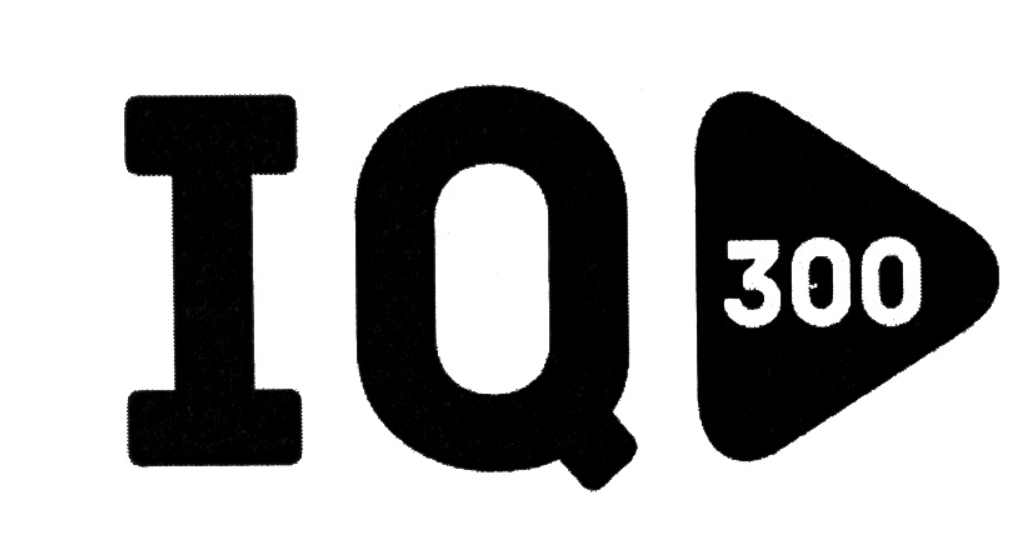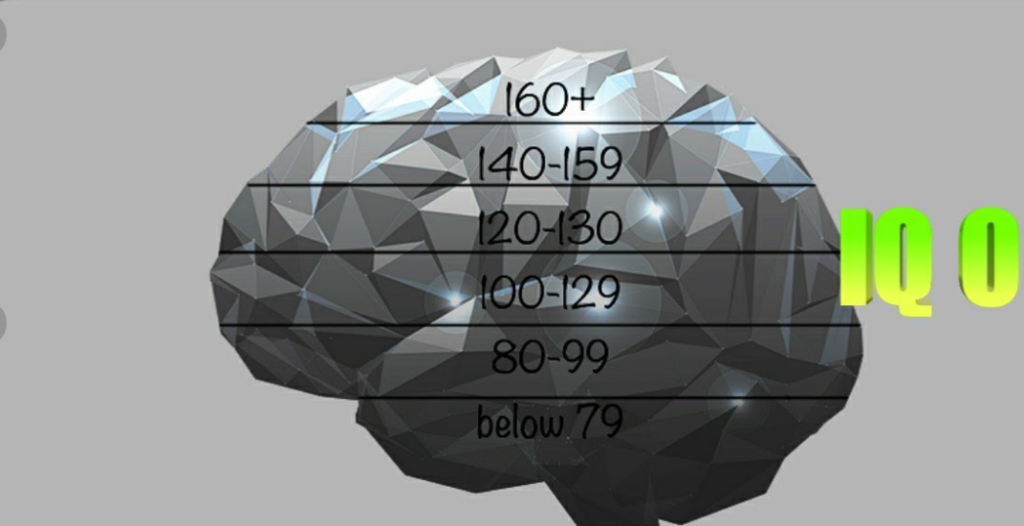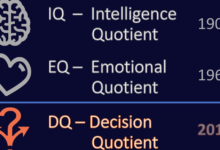Linguistic intelligence people possess superior communication abilities, the capacity to explain complex ideas clearly and succinctly, as well as being excellent storytellers and debaters.
Language ability is considered more stable over an individual’s lifespan compared to other aptitudes, and as such many individuals with this trait can acquire languages quickly.
Communication Skills
Communication skills refer to the abilities you use when providing and receiving information. They encompass verbal, listening, and nonverbal methods of expression. You cannot know about your language ability without knowing your IQ test result. However, you can find answers to many questions in a few minutes by taking an online IQ test.
Communication effectively can enable us to comprehend people, their views and beliefs. This in turn will allow for informed decisions.
Verbal communication, whether in person or over the phone, is an essential skill that you must develop. It includes aspects such as tone, diction and pacing.
Verbal communication requires being able to read another person’s body language. This can be done by maintaining eye contact, altering your posture and other subtle gestures.
Communication skills can be developed through practice and experience. You may also attend communication workshops or classes to discover new communication techniques.

Listening Skills
Listening skills are an integral part of communication, helping you to comprehend others’ views and opinions. They also foster relationships within your workplace that could potentially lead to career advancement opportunities.
When listening, it is essential to pay attention to the speaker’s body language, facial expressions and tone of voice. Doing this will guarantee you comprehend what they are saying and be able to respond appropriately.
It can also be beneficial to ask questions and rephrase what someone has said in order to confirm your understanding. Doing this will foster trust and respect among colleagues at work.
The IELTS test requires you to listen intently to various monologues and conversations, in which you must identify the main points being discussed and trace the progression of ideas. This ability can be difficult to master, so practice making sense of different kinds of information by picking out key details.
Reading Skills
Reading skills are one of the most essential language abilities to possess. They enable you to comprehend, interpret, analyze and explain written texts; additionally, reading helps develop language fluency by expanding your vocabulary.
Some people can read quickly and efficiently, while others must focus on every word as they read. This type of reading, known as intensive reading, requires attention to detail and helps the reader comprehend more of the text.
Another essential skill is critical reading, which requires you to challenge the assumptions made in a text. Doing this will enable you to draw your own conclusions and make informed decisions.

Possessing good reading skills can boost your self-esteem. It plays a significant role in both communication and social life, as well as career advancement.
Writing Skills
Writing skills are an effective means of conveying your thoughts and information to a larger audience than verbal communication alone could. They offer you the freedom to express yourself honestly and openly without fear of judgment or ridicule from those around you.
Writing is an indispensable skill in any profession. It helps foster emotional development, boost school performance and prepare kids for standardized tests.
Some children are naturally talented at writing, while others need to develop their craft through practice and experience. This can be accomplished through reading, listening to others, meeting adults or taking a class.
Writing is an intricate mental process requiring mastery over grammar, spelling and punctuation as well as the capacity to generate and organize ideas in a readable text. This task necessitates intense concentration and lots of time & energy.

